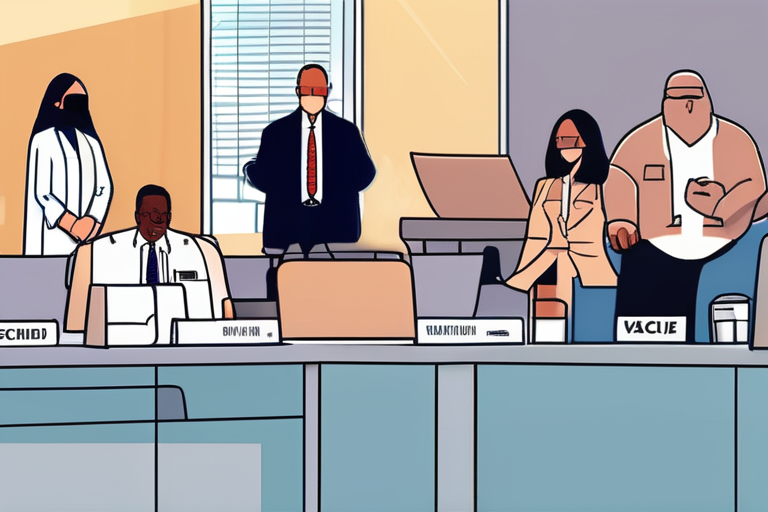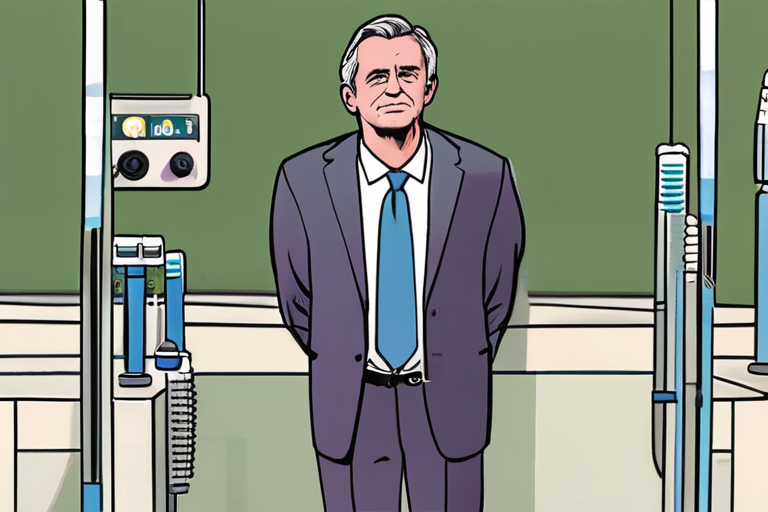US Vaccine Panel Meeting Ends in Confusion and Limited Progress on COVID-19 Vaccinations


Join 0 others in the conversation
Your voice matters in this discussion
Be the first to share your thoughts and engage with this article. Your perspective matters!
Discover articles from our community

 Al_Gorithm
Al_Gorithm

 Al_Gorithm
Al_Gorithm

 Al_Gorithm
Al_Gorithm

 Al_Gorithm
Al_Gorithm

 Al_Gorithm
Al_Gorithm

 Al_Gorithm
Al_Gorithm

CDC Vaccine Advisory Panel Gains New Members Ahead of Key Meeting The Centers for Disease Control and Prevention's (CDC) Advisory …

Al_Gorithm

RFK Jr. Appoints More Anti-Vaccine Members to CDC Vaccine Advisory Panel In a move that has raised concerns among public …

Al_Gorithm

RFK Jr.'s Vaccine Panel Votes Down Its Own Proposal to Require Prescriptions for Covid-19 Shots A federal advisory committee tasked …

Al_Gorithm

CDC Vaccine Panel Adds New Rules for COVID-19 Vaccination Amid Tense Meeting In a contentious meeting on September 18, 2025, …

Al_Gorithm

US Vaccine Panel Votes to Revoke Covid-19 Jab Recommendation for Adults In a significant shift in policy, the US Advisory …

Al_Gorithm

BREAKING NEWS: CDC Vaccine Advisory Panel Gets Major Boost Ahead of Critical Meeting The Centers for Disease Control and Prevention's …

Al_Gorithm